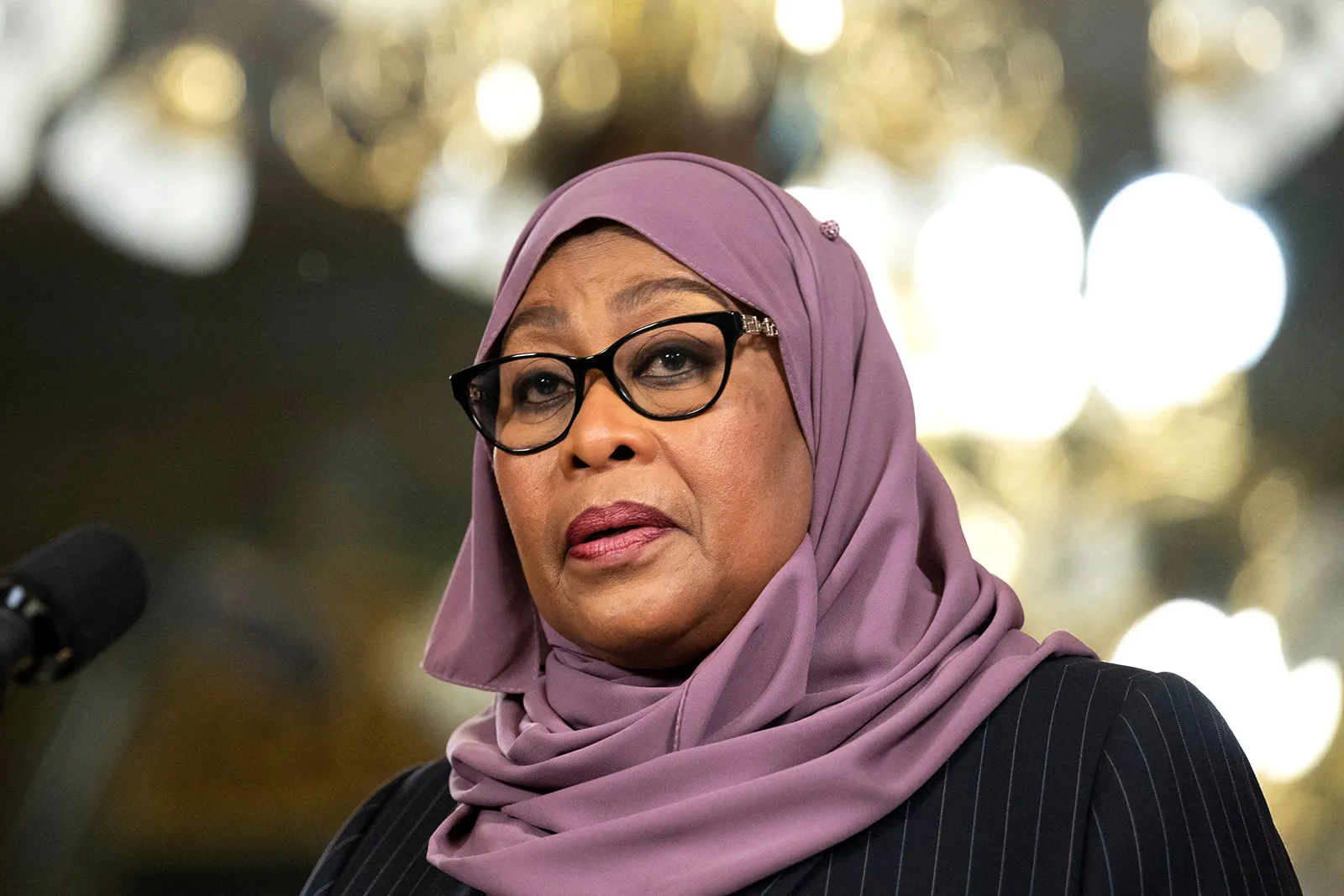Tanzania has launched diplomatic talks with the United States following reports that its citizens could be affected by new travel restrictions proposed under Donald Trump’s administration.
Government Spokesperson and Permanent Secretary in the Ministry of Information, Culture, Arts and Sports, Gerson Msigwa, confirmed the move in a statement on Wednesday, June 18, saying the government is prioritising efforts to clarify and resolve immigration and consular issues.
"The Tanzanian government, through the Ministry of Foreign Affairs, has begun consultations with our US counterparts to identify areas that need improvement, particularly consular matters, to ensure Tanzania is not among the countries whose citizens may be barred from entering the U.S.," Msigwa said in a post on X.
Media reports earlier this week revealed that Tanzania is among 36 countries that could be placed under new US travel restrictions. This comes just weeks after citizens from 12 countries were barred from entering the US.
According to the Washington Post, a memo from the US State Department dated Saturday last week and signed by Secretary of State Mark Rubio outlined the new plans.
The memo, reportedly shared with the affected countries, gave them 60 days to comply with new benchmarks to avoid restrictions.
The draft list includes 26 African countries alongside others from the Caribbean, Central Asia and the Pacific Islands.
Among the African countries listed are Angola, Benin, Burkina Faso, Cabo Verde, Cameroon, the Democratic Republic of Congo, Djibouti, Egypt, Ethiopia, Gabon, Gambia, Ghana, Ivory Coast, Liberia, Malawi, Mauritania, Niger, Nigeria, Sao Tome and Principe, Senegal, South Sudan, Uganda, Zambia, Zimbabwe and Tanzania.
The memo reportedly cites failure by the listed nations to meet key requirements, including having reliable government systems, proper civil documentation, and effective cooperation with the US on immigration matters.
Some countries were flagged for high levels of fraud, lack of a functioning central authority, or a large number of citizens who overstayed US visas.
The US memo did not specify when the proposed restrictions would take effect.
